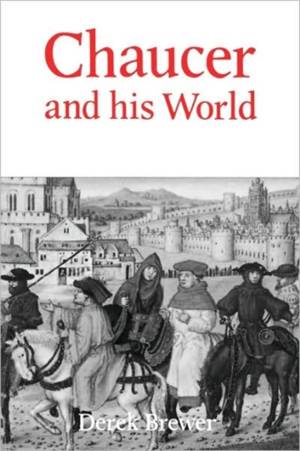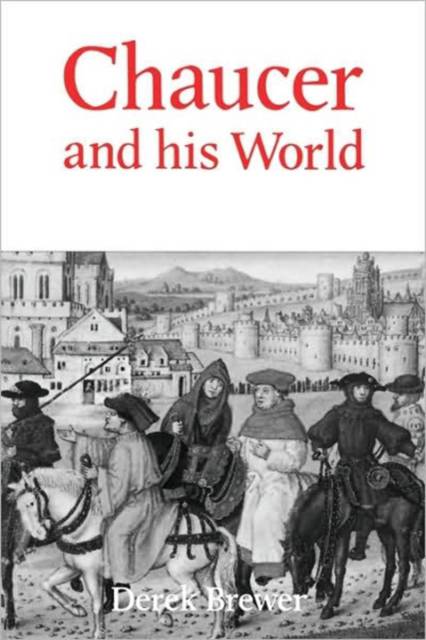
- Retrait gratuit dans votre magasin Club
- 7.000.000 titres dans notre catalogue
- Payer en toute sécurité
- Toujours un magasin près de chez vous
- Retrait gratuit dans votre magasin Club
- 7.000.000 titres dans notre catalogue
- Payer en toute sécurité
- Toujours un magasin près de chez vous
Description
Subtle and illuminating life of Chaucer, drawn against the turbulent backdrop of 14th century England. `Brewer brings to his task a full scholarly knowledge of the sources of Chaucerian biography... Of obvious value to students reading Chaucer and to all who read him for pleasure; more advanced scholars will also find in it much toprovoke thought and advance understanding.' TIMES LITERARY SUPPLEMENTChaucer's tales, rich in comedy and pathos, have an immediate appeal; they draw freely and vividly from the romance and colour of the times in which he lived, and his world that of the second half of the 14th century is rich in cultural interest. It was a time of new exploration and new individualism, of peasant revolt and passionate religious dissent, and of a remarkable flowering of the arts. Chaucer lived at thevery centre of the action, and this book follows the stages of his career, illuminating with reference to the art and architecture of the time and through reference to his writings, the physicalenvironment and intellectual climate in which he lived. Reissue: first published 1978. DEREK BREWER was Professor of English Literature emeritus, University of Cambridge.
Spécifications
Parties prenantes
- Auteur(s) :
- Editeur:
Contenu
- Nombre de pages :
- 224
- Langue:
- Anglais
Caractéristiques
- EAN:
- 9780859913669
- Date de parution :
- 01-01-78
- Format:
- Livre broché
- Format numérique:
- Trade paperback (VS)
- Dimensions :
- 158 mm x 235 mm
- Poids :
- 390 g







